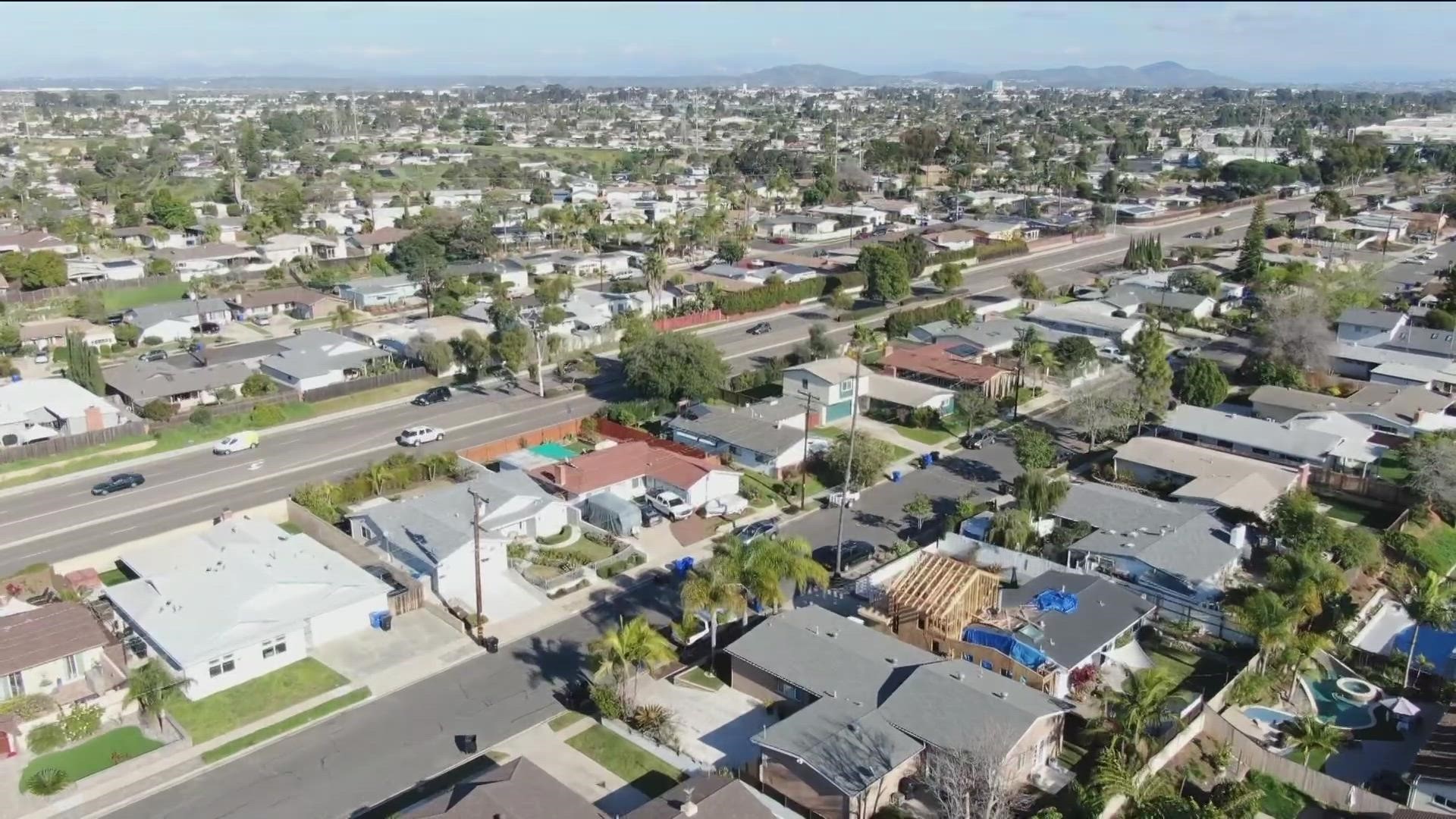SAN DIEGO — More than one in three California households don't make enough money to make ends meet.
That figure comes from the United Ways of California which recently did a study called, How Much it Costs to Struggle: The Real Cost Measure in California 2023.
It's a stark reminder of the growing problem of affordability in the Golden State.
The federal poverty level doesn't include the cost of gas, rent, medicine, or groceries but the United Way Real Cost Measure study does.
They hope this gives an accurate picture of who is struggling in California and in San Diego, it's even worse.
Nancy Sasaki, United Way of San Diego County President and CEO, says the Real Cost Measure amounts to 350,000 families in the region who can't make ends meet.
These are local seniors, single parents, white and Latinos, working families who struggle to pay for rent, medicine, food, gas and childcare.
“It’s scary, it doesn't bode well for our future and our community if we have this many families who are struggling,” said Sasaki.
Dreams for Change is a non-profit that provides safe parking lots for people to sleep in tents or their cars. The CEO says they help at least 500 people a night in the county and there is a waiting list.
“Those are just emergency responses, but it really doesn't get to the core issue around housing, as much money as we put into that we still need housing on the backside,” said Teresa Smith, PhD, Dreams for Change CEO.
Senators Toni Atkins and Steve Padilla joined local non-profits for the United Way discussion on the effects The Real Cost Measure has on the region.
“They won't be able to afford affordable,” said Padilla.
In February, he introduced Senate Bill 352 which would require the Workforce Development Board to recommend a minimum wage for each California County based on the cost of living in that region. It has stalled but he says hasn't given up.
“It's a fundamental problem that I think we need to address,” said Padilla.
From the capitol, to non-profits, their goal is to help sustain families so they can thrive.
“And that the families are really doing well, and kids have hope," said Sasaki.
Tuesday's discussion also included service providers, housing non-profits, developers, childcare providers and community leaders.
If you or someone you know is need of assistance, you can start by calling 2-1-1.
WATCH RELATED: Study shows you can earn $100,000 and still be 'broke' in San Diego

